Dolomite is a calcium magnesium carbonate, which is also known as dolostone or dolomitic Limestone.
It is one of the most important materials which is crushed or pulverized and used in the Iron and Steelmaking process as well as Glass industries, and as an additive in fertilizers, bricks, rubber, and ceramics.
Along with aragonite and calcite, Dolomite or Dolostone makes up approximately 2 percent of the Earth’s crust. Although Dolomite is very similar to calcium carbonate, its hardness and the acid reaction are different.
On the other hand, as one of the best reservoir rock types globally, Dolomite holds significant volumes of oil and gas around the world. Within one-third of oil and gas resources occur in carbonate reservoirs, of which half are composed of Dolomite.
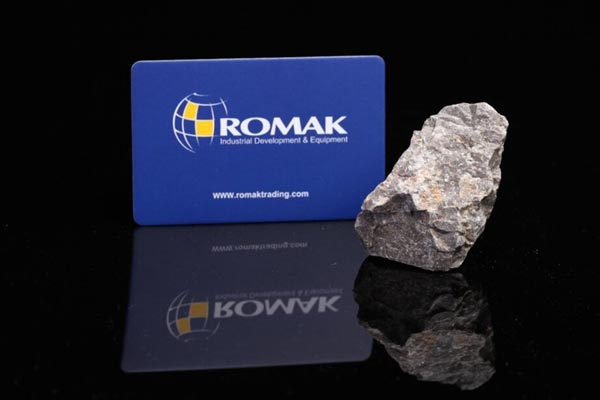
Dolomite Trader Statistics
In 2018, the top countries to which Minerals were Export include China ($110B), Japan ($20B), Korea Rep ($14B), Rep., Germany ($8B), and United States ($7.8B).
Furthermore, the top countries from which Minerals were Import include Australia ($70B), Brazil ($35B), Chile ($22B), Peru ($19B), and South Africa ($15B).
In 2019, the world imports of Dolomite exceeded $540 million according to the external trade statistics of 96 countries.
According to statistics provided by the major dolomite traders, the largest flow of imports of Dolomite in 2019 was the import to China from Greece, which has been about $163 million.
The world’s largest importers of Dolomite in 2019 were China ($200M), India ($81M), Japan ($80M), the United States Of America ($22M), the Netherlands ($20M), Malaysia ($13M), United Kingdom ($12M), Germany ($11M), and France ($8M).
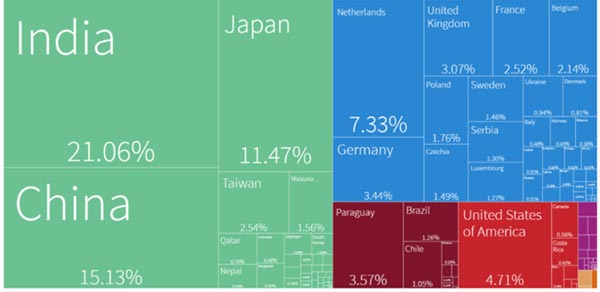
In 2019, the world exports of Dolomite exceeded $167 million according to external trade statistics of 66 countries. It was $165 million in the previous year (according to merchandise trade statistics of 61 countries).
The world’s largest exporters of this commodity in 2019 were China ($28M), Belgium ($15M), Canada ($14M), Spain ($12M), Germany ($11M), Thailand ($10M), Slovak Republic ($8M), Netherlands ($8M), Korea ($8M).
Dolomite uses
Dolomite is a complex mineral.
It can precipitate directly from solutions containing magnesium, calcium, and carbonate ions. Dolomite is a replacement for Limestone, although this replacement process occurs during the dolomitization process.
The process is often incomplete, and rocks termed Dolomite is usually a combination of Dolomite, Dolomitic Limestone, and Limestone.
Dolomite deposits are usually associated with Limestone.
This fact, together with the presence of variable amounts of impurities, such as Silica (SiO2), Sulphur (S), Iron Oxides (Fe2O3), and Alumina (Al2O3), has an important bearing on the suitability of Dolomite for specific applications.
Dolomite has different uses that the most important application by volume is in construction, where it may substitute for Limestone.
However, in other applications, Dolomite is valued explicitly for its magnesia (MgO) content, and chemical composition is important.
Dolomite uses are typically divided into two main sections named Industrial/agriculture and also constructional uses.
In the agricultural sector, the dolomite trader uses it to nutrition the plants, reduce soil acidity, and adjust magnesium deficiencies.
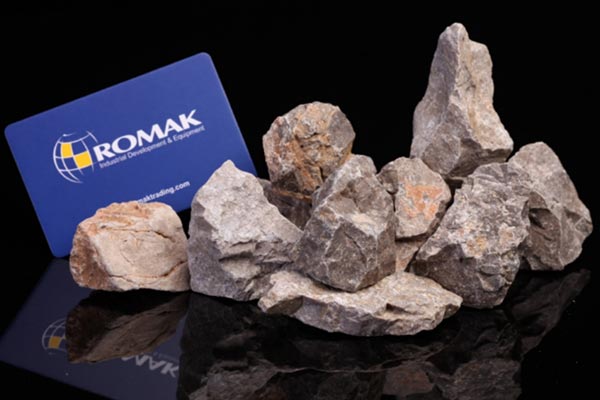
The uses of industrial Dolomite as a refractory and flux agent have been linked with iron and steel making since the 19th century.
The dolomite supplier and exporter trade it for the production of glasses, bricks, and ceramics. Furthermore, it has applications for oil and gas suppliers during the drilling process.
The provider of marble use dolomite as the primary material. Therefore, the dolomite trader may find marble factories around the dolomite mine.
But sometimes they buy it from the other vendors. The traders and exporters benefit from the low material price, neutrality, and ornamental beauty of marble products.
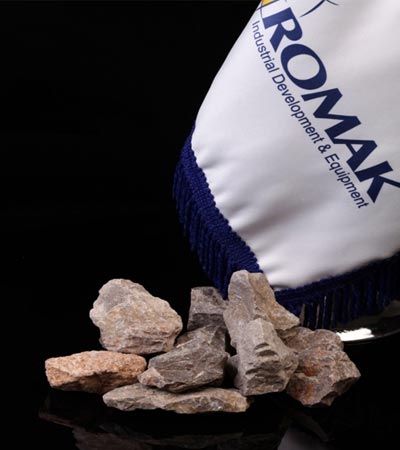
Because of Dolomite’s different uses, both suppliers and exporters have been persuaded to invest in this trade. The dolomite trader uses it in the manufacture of cement and asphalt.
Some exporters cut it into blocks and slabs for use as a dimension stone.
Dolomite trader chiefly uses it as refractory, ramming, and fettling material in steel melting shop and steel and ferromanganese manufacture.
Dolomite has been utilized in the glass industry, especially in sheet-glass manufacture. It also finds use in the manufacture of mineral wool.
This extension of applications is enough for all suppliers to exploit their dolomite mine and exporter and trader for investment. It also has a proper price for importers and manufacturers.
Romak Trading Co.
We, Romak Industrial Development and Equipment, can provide high-quality Dolomite from rich deposits, in different fractions from ground to fine powder, which is suitable for various applications.


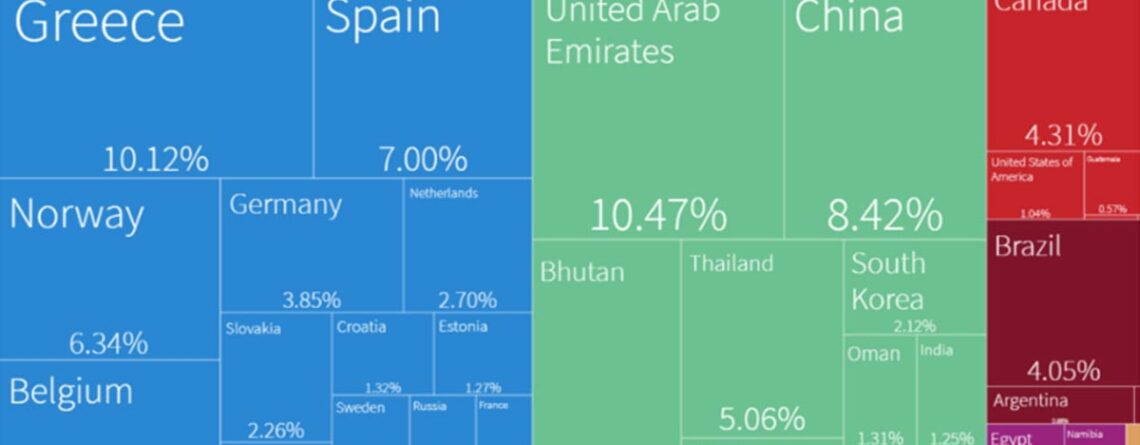
Leave a Reply
You must be logged in to post a comment.